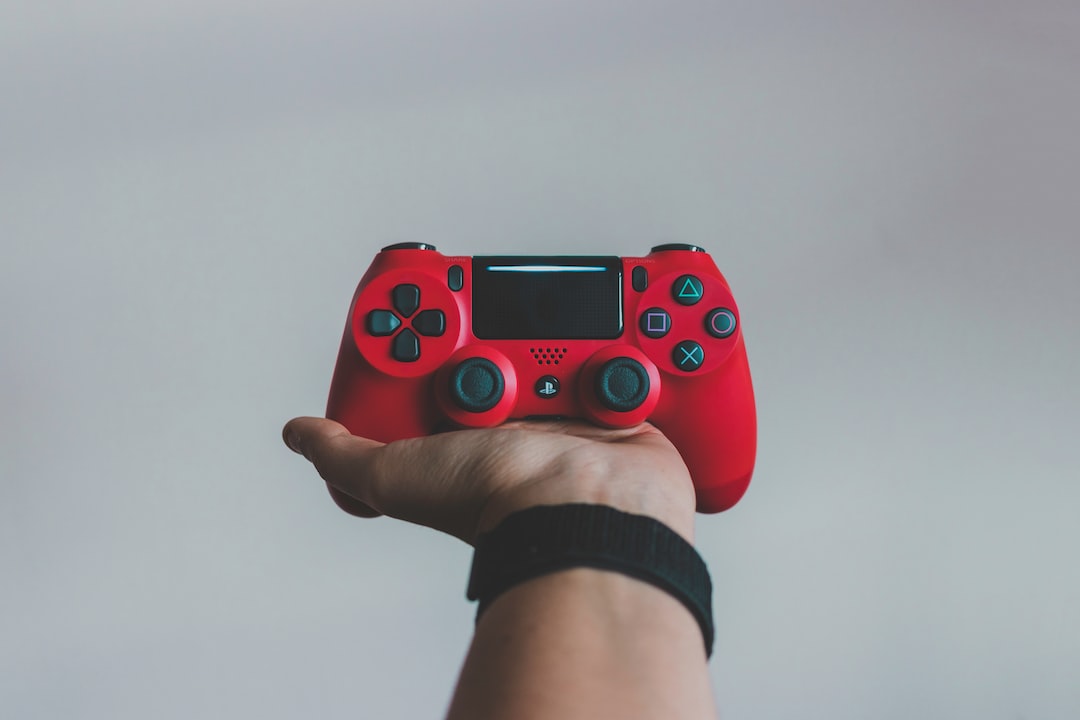A Beginner’s Guide to Building a Gaming PC
If you are a gaming enthusiast who’s tired of playing on an outdated system or just looking to upgrade your current setup, building your own gaming PC can be an excellent option. While the idea of building your own PC may seem overwhelming to beginners, it can provide numerous benefits such as improved performance, customization options, and cost savings. This guide will walk you through the process of building a gaming PC, from selecting the right components to assembling and optimizing your system.
1. Understanding Gaming PC Components:
Before delving into the building process, it’s crucial to familiarize yourself with the key components of a gaming PC. These include a processor (CPU), graphics card (GPU), memory (RAM), storage (HDD/SSD), power supply unit (PSU), motherboard, and a computer case.
2. Setting a Budget:
Determining your budget is the initial step in building a gaming PC. It is essential to strike a balance between performance and cost to ensure your PC meets your gaming requirements without breaking the bank.
3. Researching and Selecting Components:
Once you’ve established your budget, spend time researching the best components that suit your needs. Online forums, tech review websites, and YouTube channels can assist you in making informed choices. Ensure compatibility among the components you choose, as not all components work together seamlessly.
4. CPU and GPU Considerations:
The Central Processing Unit (CPU) and Graphics Processing Unit (GPU) are crucial for gaming performance. The CPU ensures smooth multitasking, while the GPU ensures fast and accurate rendering of graphics. Aim for a CPU-GPU combination that provides the best value for money.
5. Memory and Storage:
RAM acts as the short-term memory of your PC, allowing faster access to data during gameplay. Opt for at least 8GB or 16GB of RAM for smoother gaming. Choose between a Hard Disk Drive (HDD) for larger storage capacity or a Solid-state Drive (SSD) for faster loading times.
6. Power Supply and Motherboard:
Selecting a reliable Power Supply Unit (PSU) ensures stable power delivery to your system. The motherboard, on the other hand, accommodates all of your PC’s components. Ensure that the motherboard you choose is compatible with your CPU, GPU, and other components.
7. Aesthetics and Cooling:
Consider the aesthetics of your PC and choose a computer case that provides adequate space and ventilation. Opt for additional case fans or liquid cooling solutions to maintain optimal temperatures during extended gaming sessions.
8. Assembling Your PC:
Once you have all the components in place, it’s time to assemble your PC. Start by mounting the CPU onto the motherboard, followed by installing the memory sticks, GPU, storage drives, and PSU. Carefully connect all necessary cables and ensure a snug fit.
9. Installing the Operating System:
After assembling your PC, install an appropriate operating system such as Windows, Linux, or macOS. Following the installation, ensure that you update the necessary drivers to optimize your system’s performance.
10. Troubleshooting and Testing:
Finally, make sure to boot up the system and test all components and subsystems for functionality. Address any issues that arise; it may involve rechecking connections, updating drivers, or seeking specialized support.
Building a gaming PC can be a rewarding experience that not only saves you money but also allows you to tailor your system to your specific gaming needs. With careful research, component selection, and patience, you can create a gaming PC that provides an immersive gaming experience, rivaling that of commercially available systems. Enjoy the satisfaction of seeing your creation come to life and embark on a gaming journey like never before.

